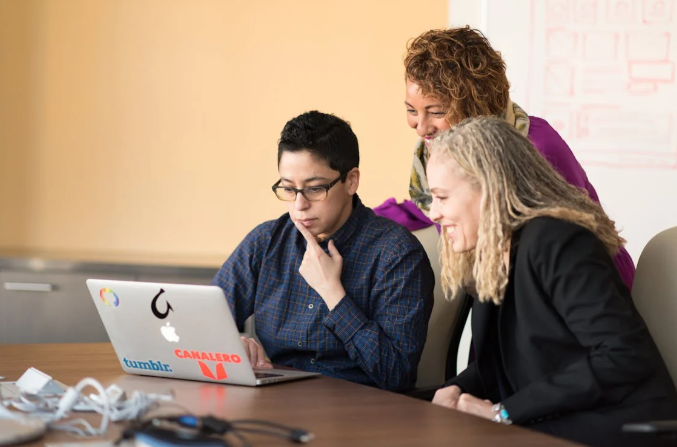Caregiver Work in Australia
Australia’s aged care sector is experiencing significant growth, creating abundant opportunities for caregivers both domestically and internationally. This article delves into the various facets of caregiver employment in Australia, including job roles, qualifications, visa pathways, and the benefits of pursuing this rewarding career.

Key Takeaways
- Diverse Caregiver Roles: Positions range from aged and disabled carers to family support workers, each with specific responsibilities and requirements.
- Qualifications Matter: Certifications like Certificate III or IV in Individual Support are often essential, with higher qualifications enhancing employability.
- Visa Sponsorship Opportunities: Programs like the Subclass 482 and Subclass 116 visas facilitate entry for international caregivers.
- Competitive Salaries: Caregivers in Australia can earn between AUD 32 to AUD 39 per hour, depending on experience and location.
- Pathway to Permanent Residency: Certain visa subclasses offer a route to permanent residency, leading to Australian citizenship.
Understanding Caregiver Roles in Australia
Aged or Disabled Carer (ANZSCO 423111)
This role involves assisting elderly or disabled individuals with daily activities, including personal care, mobility support, meal preparation, and companionship. Employers may require candidates to have a Certificate III or IV in Individual Support. Experience in a similar role is often preferred.
Family Support Worker (ANZSCO 411713)
Family support workers provide assistance to families in need, offering services like parenting support, crisis intervention, and advocacy. A relevant qualification, such as a Diploma in Community Services, is typically required. Experience in social services enhances job prospects.
Qualifications and Skills
To excel in caregiver roles, candidates should possess:
- Relevant Certifications: Certifications like Certificate III or IV in Individual Support are often essential.
- English Proficiency: A minimum IELTS score of 5.0 is commonly required for visa applications.
- Experience: Previous experience in caregiving or related fields is advantageous.
- Soft Skills: Empathy, patience, and strong communication skills are crucial for effective caregiving.
Visa Pathways for International Caregivers
Subclass 482 – Temporary Skill Shortage Visa
This visa allows skilled workers to live and work in Australia for up to four years. Caregivers can apply under the Medium and Long-term Strategic Skills List (MLTSSL) if sponsored by an approved employer. A positive skills assessment and meeting health and character requirements are necessary.
Subclass 116 – Carer Visa
The Subclass 116 visa is designed for individuals who need to provide substantial care to a relative in Australia. This permanent visa offers benefits like Medicare coverage, access to education, and a pathway to citizenship after four years of residency.
Salary Expectations
For Caregiver work in Australia can expect competitive hourly wages, typically ranging from AUD 32 to AUD 39, depending on factors like experience, location, and specific job duties. Salaries may vary across different states and territories.
Pathway to Permanent Residency
Certain visa subclasses, such as the Subclass 482 and Subclass 116, offer pathways to permanent residency. For instance, the Subclass 482 visa can lead to the Subclass 186 Employer Nomination Scheme visa, while the Subclass 116 visa provides direct permanent residency. Achieving permanent residency can eventually lead to Australian citizenship.
Top 5 FAQs About Caregiver Work in Australia
What qualifications do I need to do caregiver work in Australia?
A Certificate III or IV in Individual Support is commonly required. Additional certifications in first aid and CPR may also be beneficial.
Can I apply for a caregiver job in Australia from overseas?
Yes, through visa programs like the Subclass 482 or Subclass 116, provided you meet the necessary qualifications and sponsorship requirements.
How long does it take to process a caregiver visa?
Processing times vary but typically range from 1 to 3 months, depending on the visa type and individual circumstances.
Are there opportunities for family members to join me in Australia?
Yes, many caregiver visas allow for the inclusion of family members, enabling them to live, work, and study in Australia.
What is the job outlook for caregivers in Australia?
The demand for caregivers is expected to grow due to Australia’s aging population, offering stable employment opportunities in the sector.